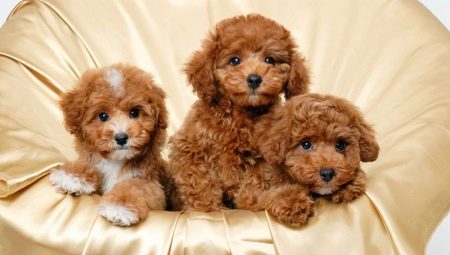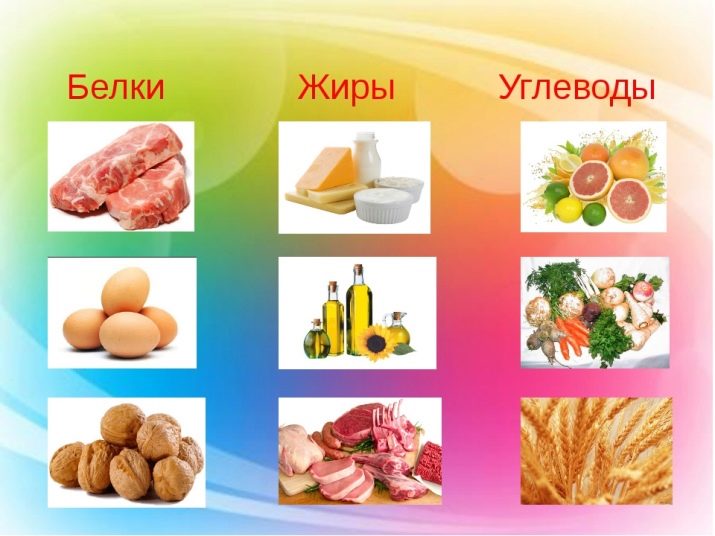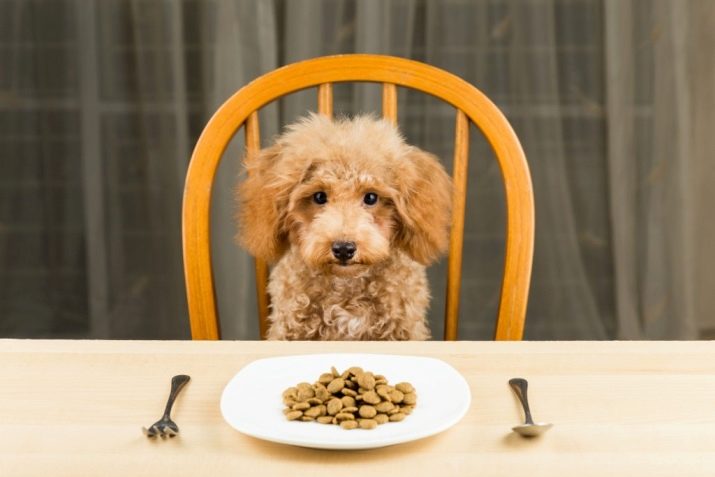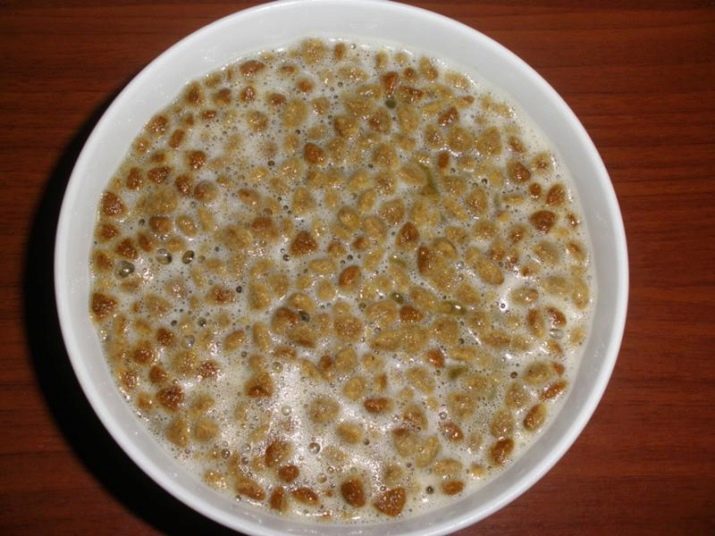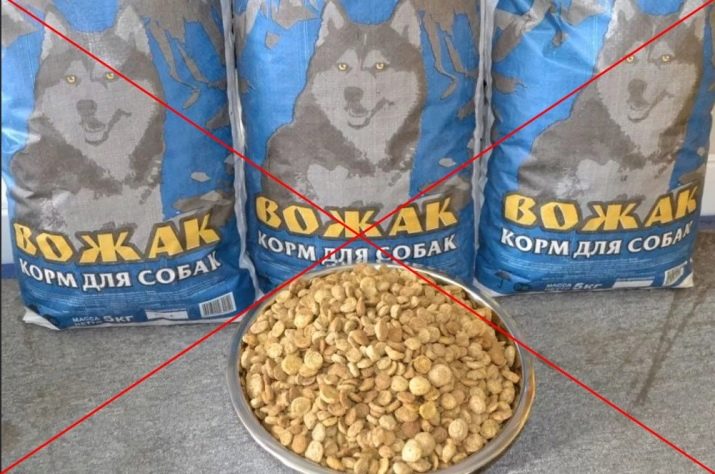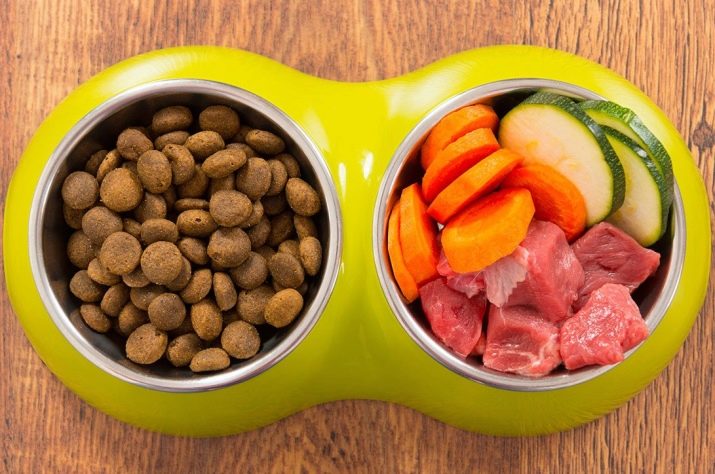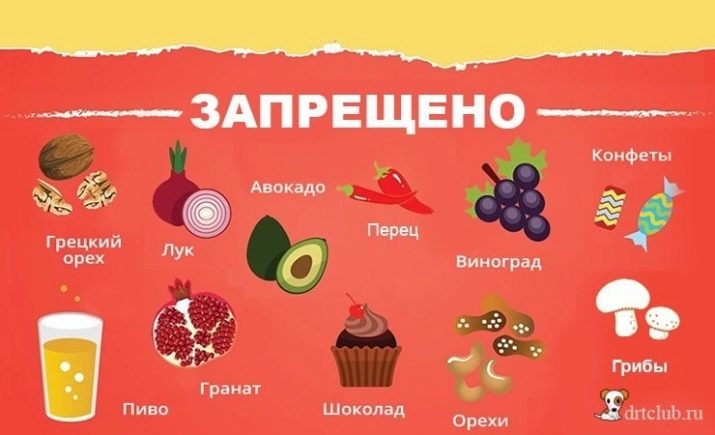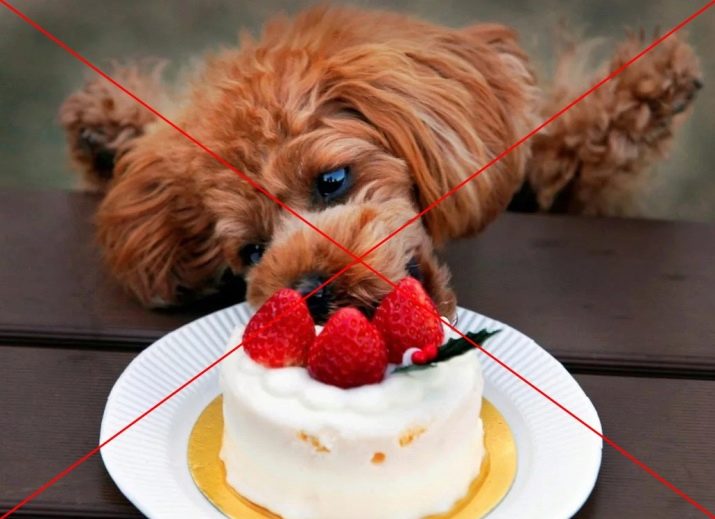Each owner of the toy poodle - this cute dog-like toy - will certainly think about how to properly feed your pet. Properly composed diet allows the animal to be active and strong.
Fundamental rules
- Feed on schedule and in a certain place. A puppy at the age of 3 months should be fed 5-6 times a day. If the poodle is already 3 months old, food is reduced to 4 times a day. A pet that has reached 6–12 months old is enough to fill the bowl three times a day.
- Bowl with food should stand comfortably at chest level.
- Teach the dog not to ask for food from the table.
- If the dog in the apartment is not one, each of the animals should be given an individual plate.
- After eating the bowl is recommended to thoroughly wash and clean.
- Provide free access to clean water.
- Make sure that the dinner and the host's breakfast do not coincide with the feeding time of the poodle.
- Do not mix dairy food with meat.
Types of feeding
Natural food
If the owner has settled on natural nutrition, he needs certain knowledge to prepare such food and a lot of patience, since it is impossible to predict the dog's reaction to food.
First of all, it is necessary to find out what products the animal is allowed to give.
- Meat. It is compulsory sliced or passed through a meat grinder. For everyday meals, take turkey, beef, chicken, liver. Babies can begin to feed the meat from 2-2.5 weeks.
- Eggs. The allowable amount is two per week. The excess of this norm entails the occurrence of allergies.
- Home-made kefir, milk, cottage cheese or yogurt. Milk is allowed to be given raw in an amount of 0.1-1 liters per day. In addition, a great benefit is the calcined curd. To prepare it, take half a liter of milk, bring to a boil and put in it 1 tablespoon of calcium chloride. Waiting until the milk is curled, throw the resulting mass on the gauze.
- Groat porridge: buckwheat, rice, millet, oatmeal. The water in which it is boiled is not necessary to add salt. Suitable for feeding not only adult dogs, but also puppies.
- A fish. It is allowed to give it no more than three times a week. Sea fish in frozen condition fed in raw form. As for river fish, it is advisable to boil it. Fillets must be freed from viscera, scales and bones.
- Fruits, berries and vegetables. The choice here is big: tomatoes, cabbage, cucumbers, beets, zucchini, apples, carrots, strawberries, radish. They are usually rubbed on a grater or planed into small cubes. You can make a salad, seasoned with fish oil or sour cream. It can be different: add raw vegetables or fruits that are not cooked to the finished porridge. Another option is to cook them with croup.
- If the dog does not refuse greens (dandelion leaves, nettle, spinach, dill, parsley and other greens from the garden), you can add it to the bowl with the finished food or feed it separately.
Optionally, with natural nutrition combine vitamin or mineral supplements.
It is useful to enter into the diet of sea kale and flax seeds, ground in a coffee grinder. With a deficiency of mineral elements in the body of the pet, yeast, coal, and bone meal are used, which give the poodle a couple of teaspoons every day.
To maintain a healthy life of the dog for 1 kilogram of weight per day, you need:
- proteins - 4–5 g;
- mineral salts - 8–10 g;
- carbohydrates - 12–15 g;
- vitamins: PP - 10 mg, A - 1–5 mg, C - 10 mg, B - 2-3, 5 mg;
- fats - 1-2 gr.
Recommended diet for a day:
- croup - 200 gr;
- fruits, vegetables - 150 gr;
- meat - 200 gr;
- dairy products and milk - 100 gr.
Dry food
The use of dry food simplifies the care of the toy poodle. Puppies can be taught to him from 1-3 months of age.
Granules already provide the optimum amount of dried vegetables, meat, mineral, vitamin and flavor elements.
The transition from food prepared at home to an industrial one should be done slowly, for 10–14 days.
There are several types of dry product: economy, medium, premium, superpremium and holistic.
While the poodle is small, it is recommended to treat it with a super premium class. This food already contains minerals and vitamins that help the proper construction and growth of the body of a young dog. If the pet suffers from allergies, it is possible to purchase a hypoallergenic option.
At first, dry puppy food is soaked in water.
When an animal has reached the age of 2–6 years and has no health problems, it can be fed with a medium range. However, it is mandatory to additionally add to the diet complex of minerals and vitamins.
If the dog is elderly or old, it is advised to buy a feed of the holistic or superpremium line. If the poodle began to lose teeth, dry food should be changed to semi-moist.
But the veterinarian veterinarians reject the forage of the line of economy, since they are made as a whole from waste of meat products and legumes, and therefore they are of no use. On the contrary, such food can harm because of the salts, which enhance the taste of ingredients, and dyes contained in its composition.
The most popular dry food companies are: Purina Pro Plan, Eukanuba, Hill's, Acana and Royal Canin.
Mixed food
Veterinarians cannot clearly recognize the benefits of this type of pet care. This food is expressed in the combination of dry food with cottage cheese, vegetables, meat. Porridges, as a rule, are not mixed with industrial dry product. Many believe that the addition in the form of kefir or sour milk tones the internal environment of the intestine. It is forbidden within one day to change the food, that is, for breakfast to feed porridge, and for dinner - dry food. This adversely affects the gallbladder and pancreas.
What products are forbidden to give?
A caring owner will try to avoid feeding the dog foods that may cause problems with digestion. These include:
- sweets;
- peas;
- biscuit;
- chocolate;
- mutton;
- smoked meat, pickles, pickled food;
- fat meat;
- sausages;
- bones (fish, poultry, beef);
- beans;
- very thick cereal;
- sausage;
- salt;
- spice;
- caramel;
- spoiled food (soured, rotten);
- egg shell;
- bow;
- nuts;
- beer;
- Garnet;
- canned fish;
- honey;
- grapes, raisins;
- plums;
- apricots;
- fresh bread, pasta;
- pork;
- soy.
Sweeteners are very dangerous for poodles, especially xylitol. Honey, despite its good, can provoke an allergy. Feeding sweets entails a metabolic disorder, obesity and otitis. Tubular bones can injure the stomach of an animal.
All types of sausages and smoked foods harm the dog's intestines, causing the liver, pancreas, and indigestion to malfunction.
The story about the breed - in the next video.
